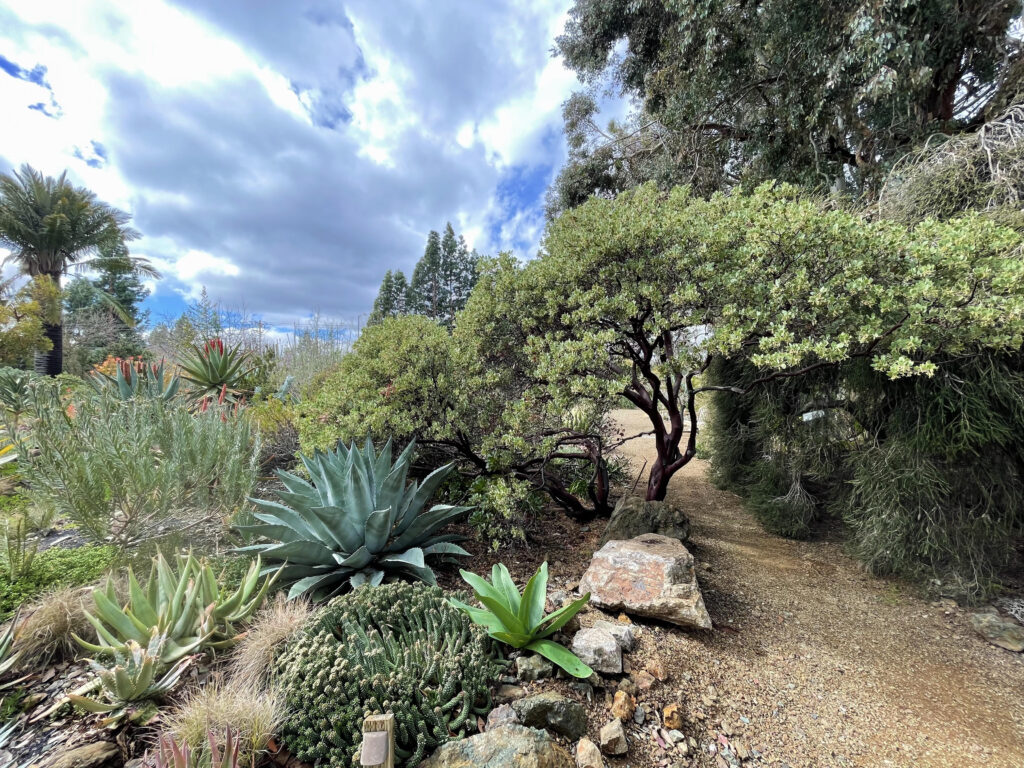
When I was introduced to the practice of ungrading, I was drawn to a simple description provided by Jesse Stommel. The practice itself isn’t simple at all, but it was described, simply. I don’t even remember a super specific definition, just what it made me think about.
I remember that this description prompted me to reflect on how it felt to be graded, which was mostly bad. And when it felt good, the grade itself was still the focus of my pride, not the curiosity or problem-solving I did. I also have great memories where I don’t remember the grade, just the experience of doing good, challenging work, and the relationships with teachers who took away some of the power of grades on me.
I also remember how ungrading challenged ideas about assessment I thought I was comfortable with. I wasn’t ready to think critically about learning objectives or rubrics, as I had “already learned” how to use these tools to improve learning and set clear expectations, not just for summative assessment. But it was so worth it to examine how grades still unconsciously influenced my thinking about assessment.
This was all especially rich to ponder as I was part of a professional development program that gave people a chance to design and teach, in environments where grading wasn’t necessary.
I’m thinking about ungrading again because I recently read an article with a call to the ungrading community to be more specific about the term. It laid out a definition of ungrading that included creating student portfolios, and collaborative assignment of grades when required.
This definition was certainly more specific as an approach. But it didn’t elicit any desire for reflection and curiosity that I had when I first was introduced to the ideas. I went back to a recent definition from Stommel:
“Ungrading” means raising an eyebrow at grades as a systemic practice, distinct from simply “not grading.”
That felt much better. Beyond a general mindset, I think the ungrading community has done a lot to also drive the discussion around the context, details, and examples that are so important to put these ideas to work. There are articles about specific topics like rubrics, collections of FAQs and bibliographies to elaborate and prompt thinking, trials and lessons learned like Clarissa Sorenson-Unruh’s reflections on applying upgrading to chemistry, and collections of teacher experiences like Ungrading, edited by Susan Bloom. Again, being defined simply doesn’t mean it’s easy work. But I can raise my eyebrow at how grading influences me in many contexts. I think that’s more useful than worrying if I’m doing ungrading “right.”
I felt satisfied to be pulled back into this topic after not having thought about it for a while. I also realized that I never paid much attention to the “distinct from simply ‘not grading’” part in the definition above.
I don’t hear the word “grades” in my world anymore. I don’t have to grade in the way it’s done in higher education. And because of that, I think I resonate with ungrading even more, or at least in a different way.
What does grading leave behind when you don’t have to grade?
I’ve needed to reflect on this for a while, and I’m glad something came up in my feed to prompt me. I want to think through this more.
Even without grades:
- Am I doing anything that can pit learners and trainers against each other?
- Do I value “objectivity” in measurement over good feedback and the learning process itself?
- Am I not questioning definitions of assessment enough? Advocating for formative assessment? Letting assessment be shorthand for grading?
- Am I looking hard enough for how negative aspects of grading are laundered through requirements like compliance?
- Who does my approach to assessment work for? Who doesn’t it work for? How does it feel to be assessed and what are the impacts?
I think there’s more, but it’s an ok list coming from a simple call to action. And I don’t think I’d ask these questions if ungrading was a strictly-defined best practice.
